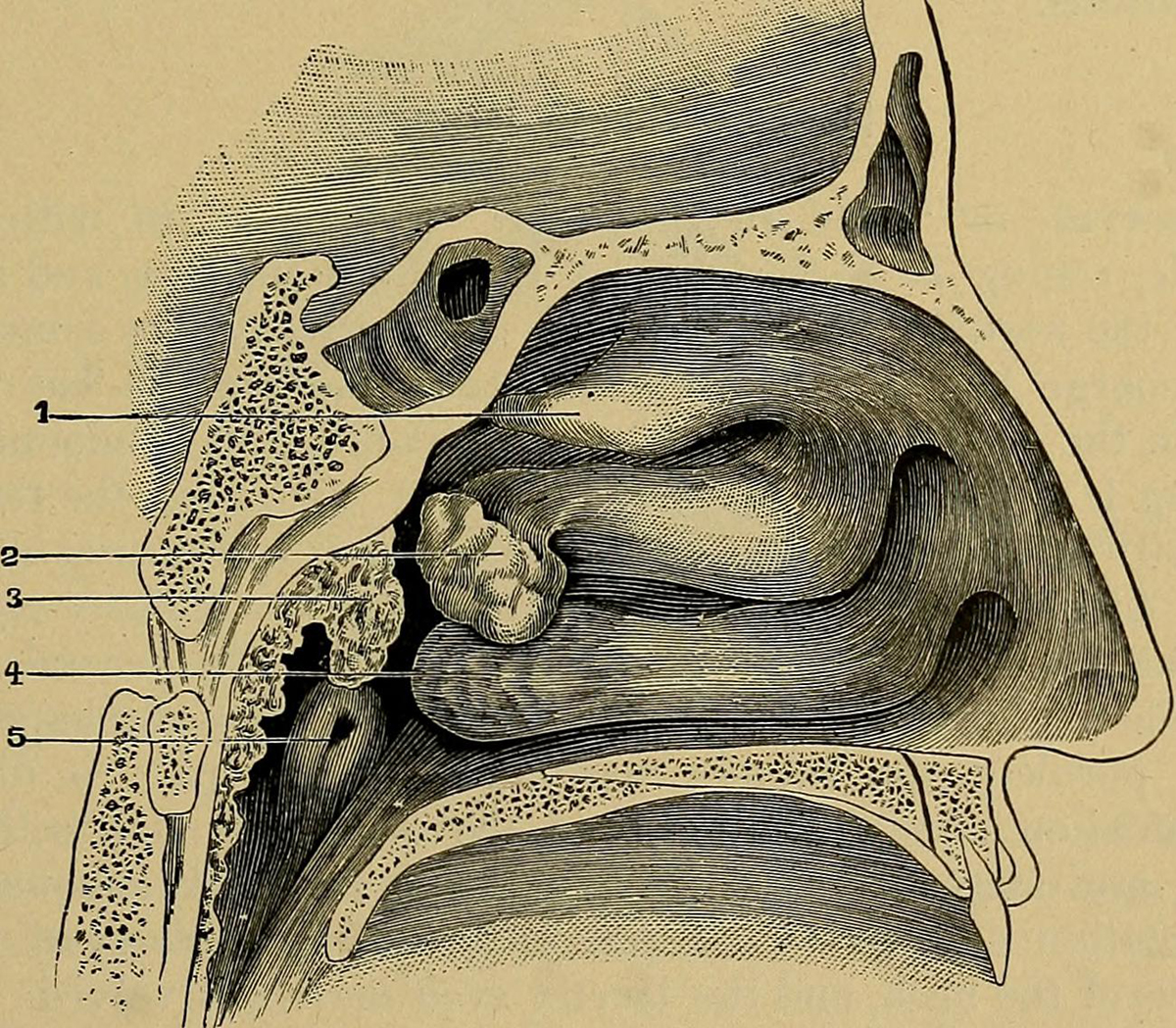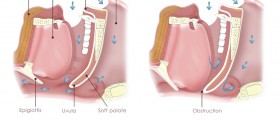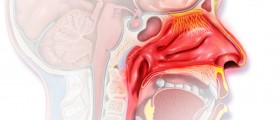
The condition in which one loses the sense of smell temporarily or permanently is called anosmia.
Temporary loss of smell can be caused by a common cold, in which case it usually clears up all on its own. It can also be caused by some sort of an obstruction in the nasal passage, most likely a polyp, and it clears up once the obstruction gets removed. A permanent loss of smell may be related to aging or maybe even a brain tumor.
Anosmia alone is not that serious, but it can lead to other complications if not treated on time. Since the sense of smell is a necessity in tasting food to its full extent, one may lose interest in eating properly, and that can lead to weight loss and malnutrition and even serious conditions like depression.
Without the sense of smell, a person can also get into trouble by not being able to smell spoiled food or smoke, which leads to poisoning and further complications.
One possible cause of the loss of smell may be caused by an irritation or even destruction of the mucus membranes which line the inside of the nose. This condition is usually triggered by a sinus infection, common cold or flu, or maybe a rhinitis but not the one associated with allergic symptoms.
An obstruction in the nasal passage, which physically blocks the air flow through the nose, can be a cause of anosmia as well. It could be a natural deformity inside the nose, a polyp or maybe a tumor.
Brain or nerve damage can also be the cause of anosmia. The olfactory system that provides the sense of smell contains receptors in the mucus lining of the nose and they send the information regarding the smell to the brain by means of nerves.
A loss of smell can be triggered if any of these elements get destroyed or damaged in any way. There are various conditions and diseases which can lead to this, and they include aging, various brain conditions such as aneurysms and tumors, diabetes, disturbed hormonal balance, malnutrition, multiple sclerosis, schizophrenia, Parkinson’s and Alzheimer’s disease and many other conditions.
Minor cases of anosmia caused by colds, flu, allergies, and infections usually clear up on their own in a few days. If anosmia requires a doctor’s treatment, it usually gets treated by an antibiotic to clear the infection or to remove the nasal obstruction. For people over 60 years of age, anosmia is usually permanent.

















Your thoughts on this
Loading...